From being wild to being domesticated.
Presence and transformation of urban water in Rosario, Argentina.
DOI:
https://doi.org/10.35305/23626097v7i12.244Keywords:
Rosario, urbanism, ideology, spatial (in)justiceAbstract
Rosario (Santa Fe, Argentina) has always had water spaces within its urban layout which have historically characterized the city. Just as in the cases of many other cities, Rosario’s relationship with water has implied a historical challenge throughout an urban process dealing with groups of individuals, devices and artefacts conceived for specific water spaces.
Water in its natural state along with its ties with land, i.e., wild water, is an object whose presence -from the urban point of view- deserves particular attention. Within the Argentine dialectic “civilization or barbarism” framework and taking into account the particular case of wild water subjected to domestication, the hypothesis of the work is that domestication was developed as an urbanistic ideology. As a praxis issue, it was grounded on the political thought which led to outcomes that went beyond the transformation of water spaces and exerted their influence on the entire city shaping.
The aim of this work is to interpret this wild/domesticated water dichotomy through conceptual discussions about spatial injustice, i.e., a set of social asymmetries that results from the capitalist city.
Downloads
Metrics
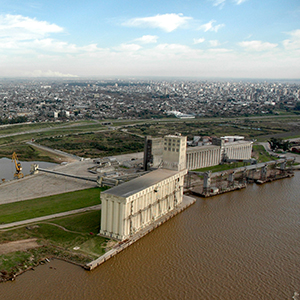
Published
How to Cite
Issue
Section
License
Open access policy
A&P Continuidad is a non-profit and open access publication. According to Mexico Declaration on Cultural Policies, the journal distribution is submitted to Creative Commons Attribution-Noncommercial-ShareAlike 4.0 International Public License (CC BY-NC-SA). “Neither the commercial use of the original work nor that of the possible derivative works are allowed. The distribution of derivative works should be submitted to the license regulating the original work. This license is not free.”
A&P Continuidad authorizes the partial or full reproduction of texts and graphs provided that the source is cited. Authors are exclusively responsible for the criteria expressed in the articles which do not necessarily reflect the opinion of the Editorial Committee or that of the Direction Board. The copyright of the published articles pertains to their authors or publishers.
Transfer of rights
The acceptance of an article to be published implies the author’s transfer of rights to the journal. Authors continue to have the right to use the material in future books or publications, approve or veto the republication of their works as well as the rights related to patents or other rights. Transfer of rights form may be downloaded here.



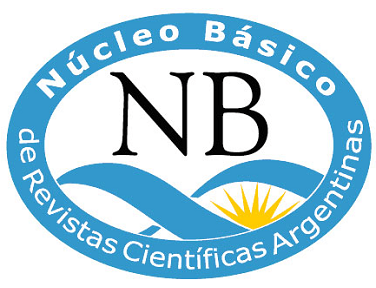


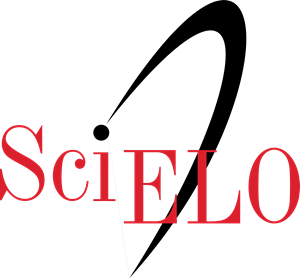



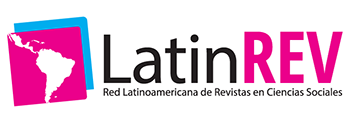

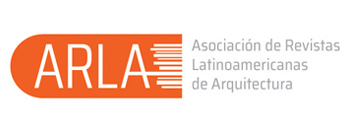
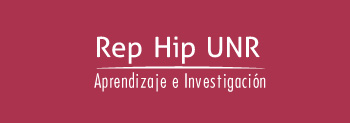



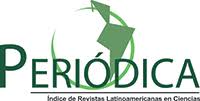








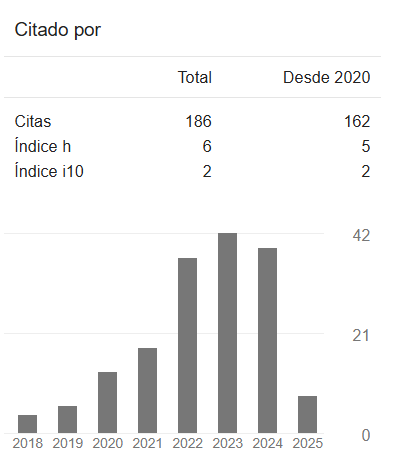


 This OJS site and its metadata are under a
This OJS site and its metadata are under a 

